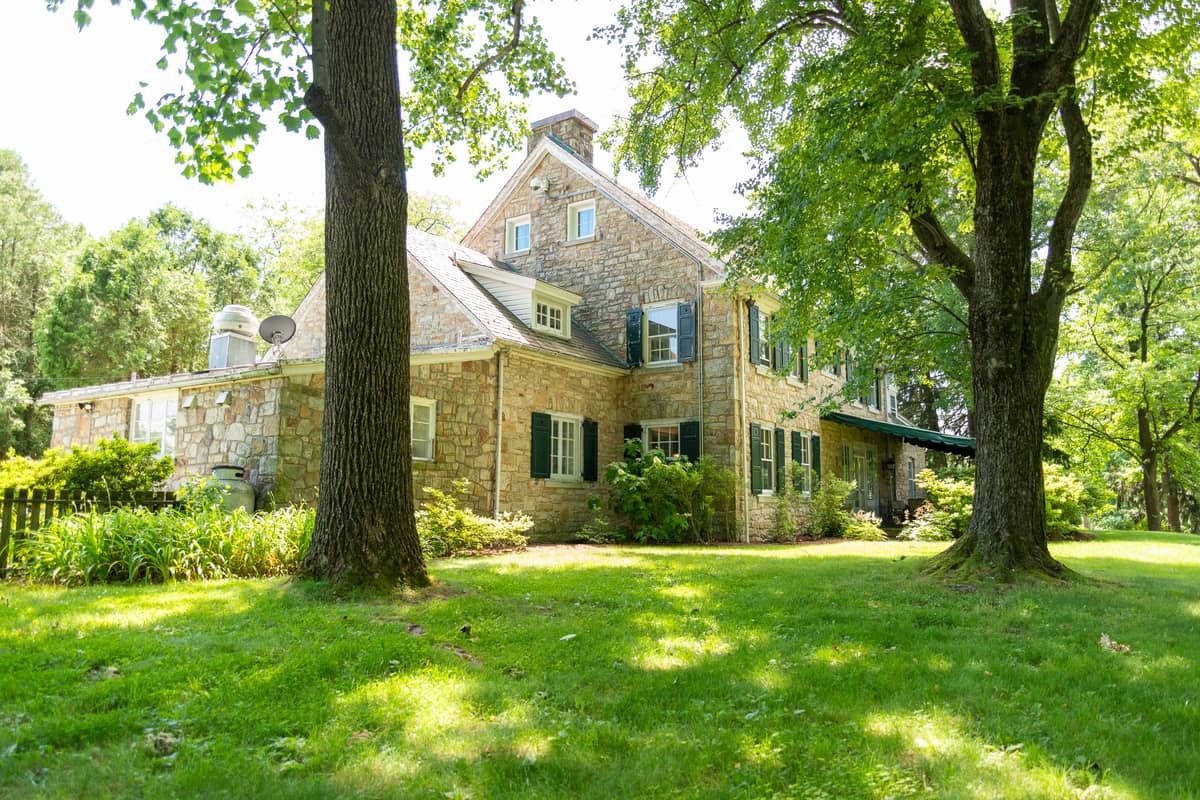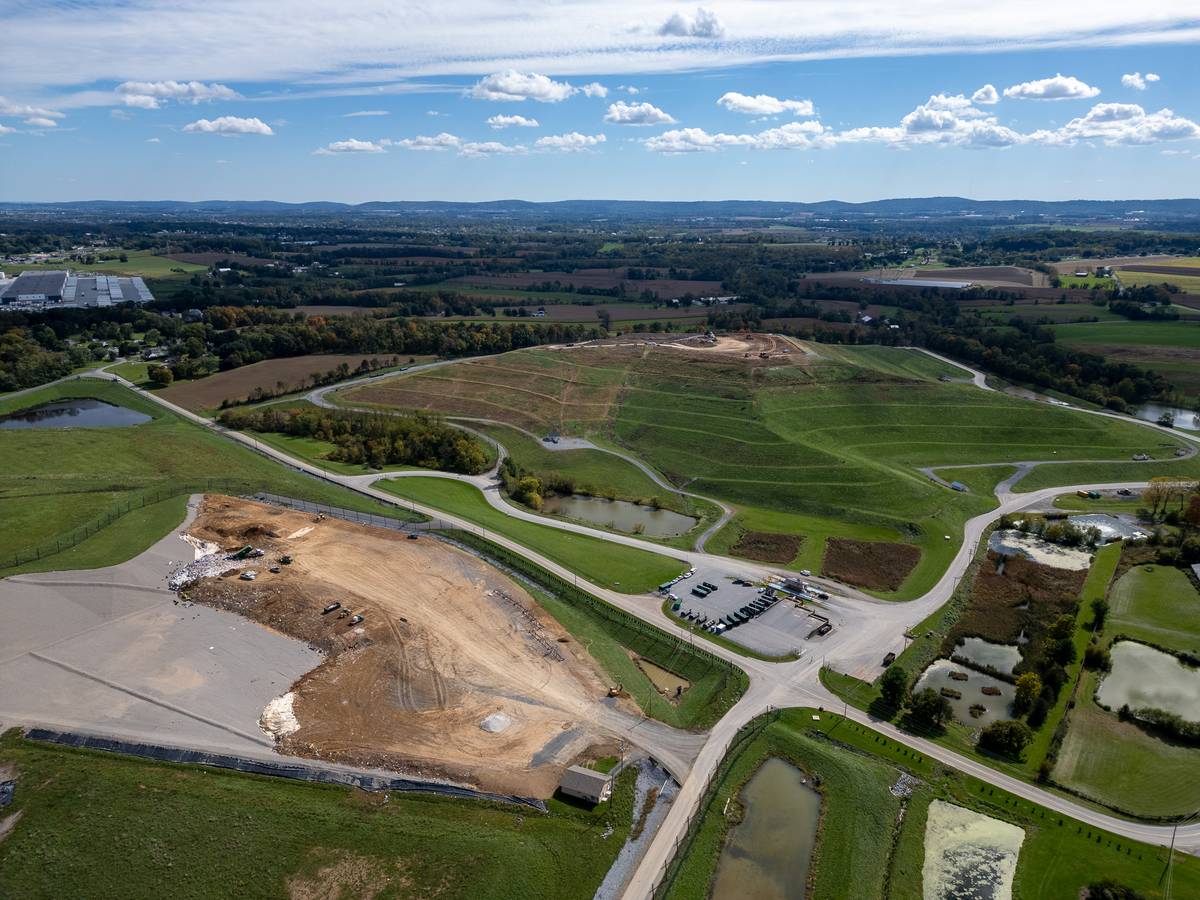Monica Kline was five years old in 1971 when her father, Ernie, became the first lieutenant governor to live in what had until then been the governor’s summer home at Fort Indiantown Gap.
“When we moved in, it smelled damp and musty. It wasn’t ready for year ’round living,” she said. “There was an old coal furnace that we had to feed in the middle of the night.”
For the next eight years she grew up in the 1945 stone mansion with her dad, her mom, Josephine, and four of her six brothers and sisters.
She fell asleep to the sound of Taps coming from the base and woke to Reveille. The huge garden her mom kept fed her brothers and sisters, countless Fresh Air Fund kids hosted by area families, the staff assigned to the complex, and guests of all kinds. She played in the cold cellar that stored canned vegetables from the garden. The family dog is buried on the grounds.

But Monica Kline’s favorite memories are of the staff and employees who were a daily part of life at what is sometimes called “the State House.”
“Ann Crist was our housekeeper, and she was a wonderful woman. She stayed on through [Lieutenant Governor] Mark Singel,” Kline said.
Young Monica became Ann’s partner on weekend road trips. “Ann was from Holidaysburg, and sometimes when she would go back home, she would take me along.”
Andy Schaeffer was the groundskeeper. “He looked after the pool house flower boxes and always planted the flowers in red, white, and blue. He gave me the job of picking out the dead ones.”
Andy was from Tower City, and the Kline family, newcomers to Pennsylvania Dutch Country, needed some time to figure out where “Tar City” was located.
Kline is pleased to see that current Pennsylvania Second Lady Gisele Fetterman has launched a formal program to open the residence’s swimming pool to community organizations and under served kids, now that Lieutenant Governor John Fetterman has decided not to live at the residence during his time in office.
The complex is still being maintained in live-in condition, but the staff is down to one dedicated on-site employee. The pool has recently undergone significant renovations and updates to make it compliant with the Americans With Disabilities Act.

But while she applauds Mrs. Fetterman’s initiative, Kline is quick to point out that opening the Lieutenant Governor’s residence to the public is nothing new. “In the summer, my parents entertained Fresh Air kids who were staying with local families,” she recalled. “And two of my brothers volunteered with the Lickdale Fire Company, so we had company picnics at the house.”
This was no walled-off compound. In the ’70s, you could still catch a glimpse of the pool from the highway, and summer trainees at the Gap would mistake it for the base pool and unwittingly stop in for a dip. Once they were set straight and got over the shock, they were welcomed to finish their swim. “We just asked them to tell us how long they planned to be there.” said Kline.
The family moved to Palmyra after Ernie Kline’s eight years in office, but Monica kept in touch with later Lieutenant Governors, including Mark Singel and the late Catherine Baker Knoll. She says they continued the tradition of opening the grounds to the public started by her mom and dad.
While she understands cost concerns, Kline thinks proposals to completely deactivate the complex or even sell it outright are shortsighted. It can be an ideal place for official entertaining and for occasions that might be better handled away from the pressure of the Capitol building in Harrisburg.
She remembers times when her father hosted legislators from both sides of the aisle who were deadlocked and angry over some controversial issue.
“My dad knew that sitting them down away from Harrisburg, in a more relaxed setting, calmed people down and made them more flexible.”
“He always thought it should be used to benefit the public.”























